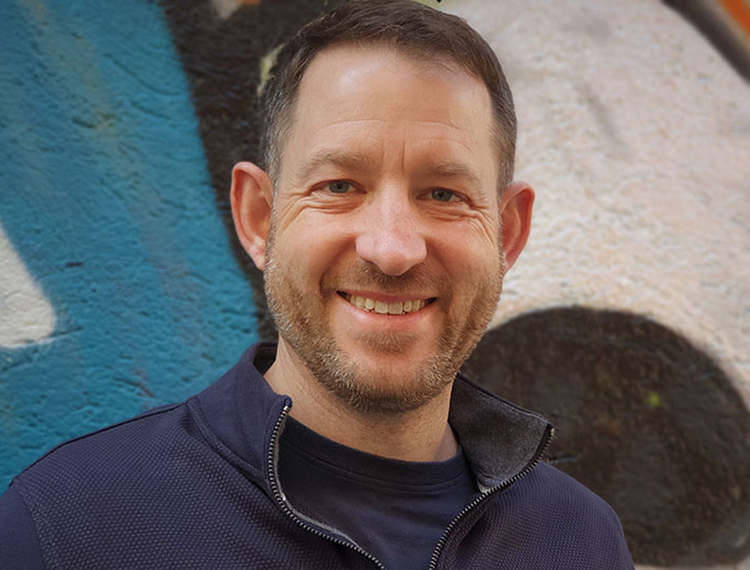How can we humanise online learning?

Covid has transformed the landscape of digital learning more in this last year than in the ten years since the ‘Year of MOOC’ in 2012!
All is not good news though. The en-masse transition of education from in-person to online interaction has brought with it concerns both for learners as well as educators.
Designing courses that are equivalent to an in-person experience is challenging. It is difficult to maintain encouragement and connection with students during online classes. For the students, online courses require more self-discipline and time management with limited opportunities to network and interact with peers, mentors and instructors.
There is strong evidence indicating that those students with weak academic backgrounds and related risk factors struggle most in 100% online courses, resulting in widening socioeconomic disparity and gaps in outcomes than those in traditional classrooms[1].
Elsewhere, reports on ‘zoom fatigue’ have confirmed user weariness with the digital learning experience[2], while another study[3] surveying 1000 American students reports that 66% strongly or somewhat agree that they ‘learn better in-person compared to online or distance learning’.
It is clear that as schools, universities, colleges, EdTech organisations reflect on their digital transformation journeys that post Covid, Learning 2.0 will need to be consciously designed and delivered to foster ‘presence, empathy, and awareness’ the three pillars of humanising online learning[4].
Humanisation of the digital learning experience is key to EdTechs aiming to compete with the social capital generated by traditional educational establishments such as schools, colleges and universities.
There is no right way in which to achieve this. One approach is offered by the Canadian researchers Anderson and Garrison who have refined the concept of ‘teacher presence’ in online learning[5], which promotes the humanisation of online interaction. Advocates of the importance of teaching presence theory believe that the remote teacher starts at a disadvantage in terms of social interaction and must therefore strive deliberately to remedy this.
A more powerful alternative to achieving humanisation is offered in a revisit of Lev Vygotsky’s work in this area. He maintains that a student is able to reach their learning goal by completing problem-solving tasks with their teacher or engaging with more competent peers. Vygotsky believed that a student would not be able to reach the same level of learning by working alone.
Cohort Based Learning (CBL) is definitely a rising trend. An increasing number of online providers are recognising the value of collaborative learning and building their plaforms to support this.
CBL generates a more motivated and engaged group of learners. This not only transforms completion rates (from the very low 2 – 10% estimates for MOOCs) but also enables real world contextualisation through the peer to peer learning process.
Particularly for softer skills and “human skills” (as Simon Sinek describes them) development, utilising the power of human connection should be central to any learning methodology. And technology should be an enabler for this, rather than a replacement for it.
My favourite quote from a recent MasterStart.com student is:
“Completely different from other leadership courses I have attended. The human interaction, sharing our experiences and knowing that you are not alone on this journey was the best thing.”
Physical classroom or online, my view is that social learning process must not be neglected. A peer-to-peer learning community is vital to ensure learners achieve their potential .
Memorable, impactful online learning has human connection at it’s heart.
Ben Pike, Edtech CEO, MasterStart
References:
[1] The Human Factor: The Promise & Limits of Online Education, Sandy Baum and Michael S. McPherson 2019
[2] How to combat zoom fatigue, Harvard Business Review, Dec 2020
[3] How covid- 19 is changing gen z’s worldview, 2020, Morning Consult
[4] What is Humanizing Online? University of Nebraska Omaha
[5] What does the research suggest is best practice in pedagogy for remote teaching?, McAleavy & Gorgen, Education Development Trust, 2020











Responses